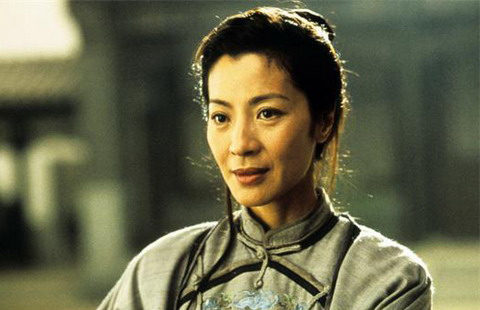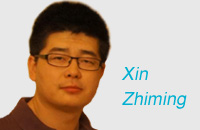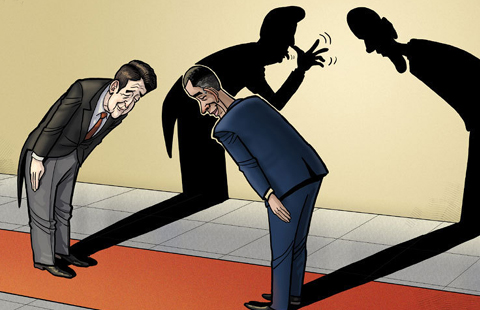Rational middle ground needed
By Xiao Gongqin (China Daily) Updated: 2014-12-25 07:38An eruption of too many expectations can be powerful and be used to develop into radical social movements, further complicating the political process and the country's development.
Xiao cited as examples, France at the time of Louis XVI and Russia under Tsar Nicolas II, saying they were victims of the eruptions in expectations following their countries' reforms, of the political processes they themselves had started. China also experienced a blow-out of society's expectations in the 1980s, Xiao pointed out.
Society's polarization, and the radical emotions it gives rise to, can be easily used by individuals to serve their personal agenda, as it might have been the case with Bo Xilai, former chief of Chongqing, China's most populated city, or else be used to derail reform.
Considering China's circumstances, and the potential threat it may face from political polarization, there is an acute need for a theoretical framework to guide people of different interests and opinions to find rational middle ground. Otherwise, Professor Xiao said, the continuing progress of China's reform will be difficult.
The program adopted by China's leaders at the Third Plenum of the 18th Central Committee of the Communist Party of China in 2013, which outlined 60 reforms, is seen by Xiao as a significant contribution to such a theoretical framework.
The rational middle ground should consist of the most important common values, he said, namely the values that all modern nations have adopted and China cannot afford not to.
These core values include a market economy, or letting citizens decide what they want through demand and supply, rather than by just following bureaucratic orders; the rule of law, instead of the rule of man, which often means individual top officials. But Xiao said democracy under the rule of law doesn't necessarily have to be interpreted as one person, one vote. Its core significance lies in the multiple channels for citizens to participate in and influence political affairs.
Citizens call for democracy today, Xiao said, because they are angry with the rampant official corruption, even though democracy doesn't automatically lead to a clean government.
Under the leadership of President Xi Jinping, the ongoing anti-graft campaign and the strengthening of the legal system have so far proved effective in checking corruption. They have also been effective in reducing the appeal of the impractical solutions championed by the radical forces on either the left or the right, Xiao said.
One other important value is the respect for traditional culture, but he warned against a blind restoration of all traditional norms, because many of them may be contradicting with modern times.











